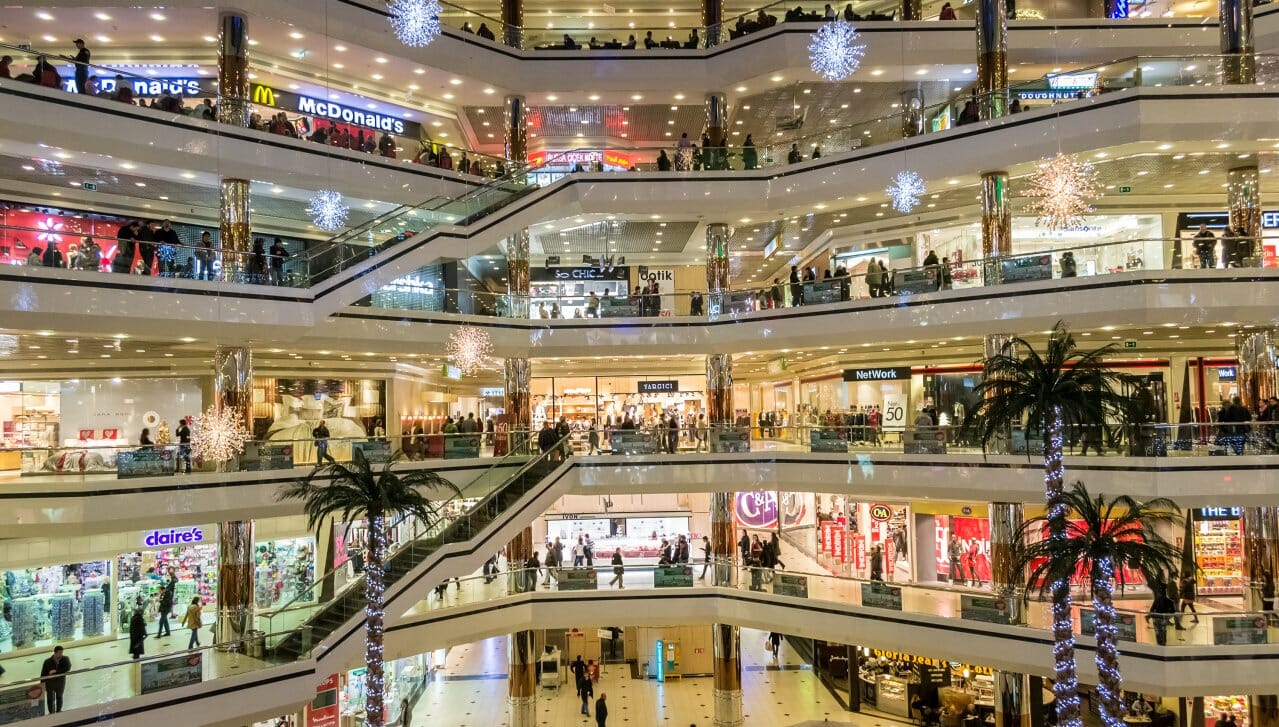
Blockchain is more than just a popular buzzword. While it may be more popular as the basis for cryptocurrencies, blockchain is actually an efficient and secure way of maintaining large sums of data. Beyond cryptocurrencies, blockchain is being used to power everything from Electronic Medical Records or EMRs to loyalty programs.
That last part is actually important. Blockchain is penetrating the retail market and making more solutions possible. More retail solutions based on blockchain are also entering the market today. How will this technology affect the retail industry?
Efficient Online-Offline Operation
It is not uncommon for offline retail stores to sell their products online, either through social media or marketplaces. It is also becoming more common for successful e-commerce sites to move towards opening their own retail spaces.
The real challenge is bridging online and offline operations. The challenge may not seem much for businesses that started life as an e-commerce entity, but offline stores find integrating online storefronts challenging.
This is where technology comes in handy. There are solutions designed to help offline businesses integrate their online operations and vice versa. Companies like Logic are bringing elements of online commerce – user experience, customer journey, security, and integration with multiple channels – to offline store operations.
Better Customer Loyalty
We touched on the way blockchain is used to power better loyalty programs. What started as a simple concept is now being used as a way to boost customer loyalty. The use of blockchain allows customers to collect loyalty points from multiple retailers in a single blockchain-based wallet.
Since each point is validated by a blockchain network, determining its value becomes easier. Multiple retailers can work together and combine their loyalty programs into an integrated solution. This is good for the customers too since they can spend their loyalty points at more outlets.
At the heart of blockchain-based loyalty programs lies the ability to gain better insights on the customers. Points can be awarded at every stage of the customer journey, so retail businesses can better understand how they can pamper their customers to the max.
Distribution Chain
Blockchain is being implemented to distribution channels as well. Since blockchain carries ledgers that store individual transactions in a decentralized way, it is the perfect foundation for a more detailed, more reliable distribution tracking system.
Tracking shipments of anything from raw materials to goods shipped to customers becomes easier with blockchain. The system is also more detailed than any available solution today since every incremental change is stored in blocks.
When a defect is found in a final product sold at a particular retailer, for example, both the retailer and the manufacturer of that product can trace the origins of the item all the way back to a specific source of raw material. No more manually filling out documents too.
Blockchain is only just getting started with influencing the retail industry. There are other solutions entering the market, including solutions designed to streamline payments and protecting customer privacy. There is no doubt that blockchain will be used in more ways – particularly in retail.

Founder Dinis Guarda
IntelligentHQ Your New Business Network.
IntelligentHQ is a Business network and an expert source for finance, capital markets and intelligence for thousands of global business professionals, startups, and companies.
We exist at the point of intersection between technology, social media, finance and innovation.
IntelligentHQ leverages innovation and scale of social digital technology, analytics, news, and distribution to create an unparalleled, full digital medium and social business networks spectrum.
IntelligentHQ is working hard, to become a trusted, and indispensable source of business news and analytics, within financial services and its associated supply chains and ecosystems




























